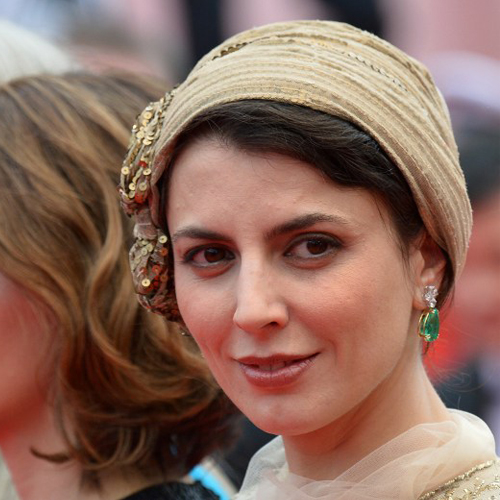“Everywhere in the world they hurt little girls.” Sadly this statement by a character on the popular television show Game of Thrones is as true in the Muslim World as anywhere else. Although it is an injustice when any woman is hurt without cause, it is especially appalling when it takes place in a culture or country that touts itself as an example of good Muslim morals. Inevitable media embellishment aside, I recently came across two stories that gave me pause and left me wondering what the Prophet Muhammad (pbuh), a man who can be called a feminist before the word had even entered our lexicon, would think of such crimes.
Two months ago in Iran, six young men and women created a lip-dub video to Pharrell Williams’s international hit “Happy.” They wanted to show the world that people in Iran are not the dour faces we see in the press, but are a vibrant, joyful society. It seems though that the message was lost—some Iranians thought the group behaved immodestly by filming itself dancing on rooftops in Tehran while lip-syncing to the song. All six men and women were quickly arrested for dancing with members of the opposite sex and the three females faced the additional charge of appearing in the video without headscarves. While they were detained, the three women were further humiliated by being forced to strip naked and perform squats in front of female police officers. The group later apologized on state-run T.V. and “confessed” that they were actors who had been tricked into participating in the video.
I watched the video on YouTube and have to say I saw no vulgarity in the five minute clip. The girls were fully covered—long sleeves, high necklines and all—and while they were not wearing hijabs, I would hardly call exposed hair reason enough to arrest and publically degrade these women. Clearly, some think it is. I realize that I am analyzing this story though a distinctly Western lens, but even if you step back and reexamine it from the eyes of a Middle Eastern Muslim, where is the compassion? Where is the consideration of the intent behind a person’s actions? The Prophet (pbuh) showed us again and again that intimidation and excessive sternness are not the way to convince someone of your perspective—it will only push the person further away. To add to my disappointment was the thought that this is yet another mark on the international image of Muslims; people have found yet another incident to hold up as evidence that Muslims are an intolerant group and show no forgiveness.
The other story that caught my attention was that of Iranian actress, Leila Hatami, who served on the jury at the 2014 Cannes Film Festival. She should have been commended for representing Iran and its cinema at this prestigious international event, but instead the Iranian government and conservative elements of society heaped criticism on the actress for allowing the 83-year-old festival president to greet her with a kiss her on the cheek. Hatami had extended her hand for just a handshake, but the elderly man unexpectedly leaned in and gave her a peck on the cheek, as is European custom. She politely obliged and for that a women’s group, Student Sisters of Hezbollah, called for her public flogging. How did they expect Hatami to respond? Was she to create a scene and disrespect her host? Or should she have handled it with grace and tact? She chose the latter option and yet the moment still caused an uproar, with some even accusing her of instigating the kiss.
The backlash was unduly harsh, so much so that Hatami decided to issue a public apology to explain that she had been caught off guard and handled the awkward situation as best she could in the moment. There was no reason for Hatami to be vilified and forced to explain herself for something that at the end of the day is between her and her husband. Ironically, I don’t hear any complaints from him.
I respect the religious sentiments and perspectives of all, even if they differ from my own. However, I do believe that all situations should be handled with as much compassion as possible. This is the legacy of Prophet Muhammad (pbuh) himself. In fact the Messenger even showed mercy to those who plotted to injure, or even kill, him. He showed tenderness and kindness to the women in his inner circle and encouraged the men in his community to do the same. So when our Muslim model laid out this exemplary behavior for us, how can anyone who identifies as Muslim justify doing less? Sadly, we justify the opposite of his example and become a part of a world that hurts little girls.
Sameena K. Mughal is an educator, freelance writer, and author of “Shaherazade’s Daughters.”





